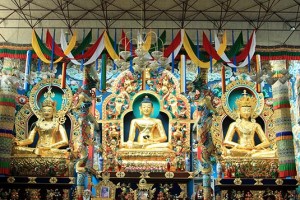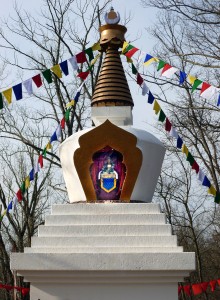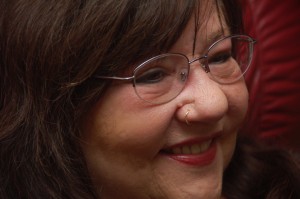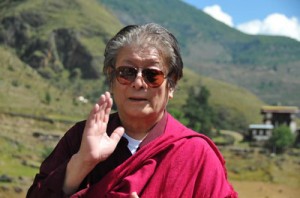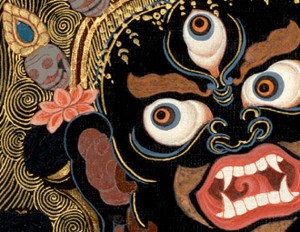The following is from a series of tweets by Jetsunma Ahkon Lhamo:
Good afternoon/evening twitterverse! Sending love and prayers that all are well. I’ve had a good day. It is really peaceful and lovely here.
All is well, and I’m enjoying retreat. Can’t argue with “R+R” – rest and retreat. I’m feeling creative and inspired as I have more down time.
I myself haven’t been “live” on twitter much, it’s about healing and retreat right now. I have been thinking of teachings to have my Ani send, and I hope you are enjoying what’s been rolling down the pike. You are the inspiration for our unearthing older photos, archival teaching and other great stuff to share. I’m enjoying the memories and hope you do too.
© Jetsunma Ahkön Lhamo All Rights Reserved
